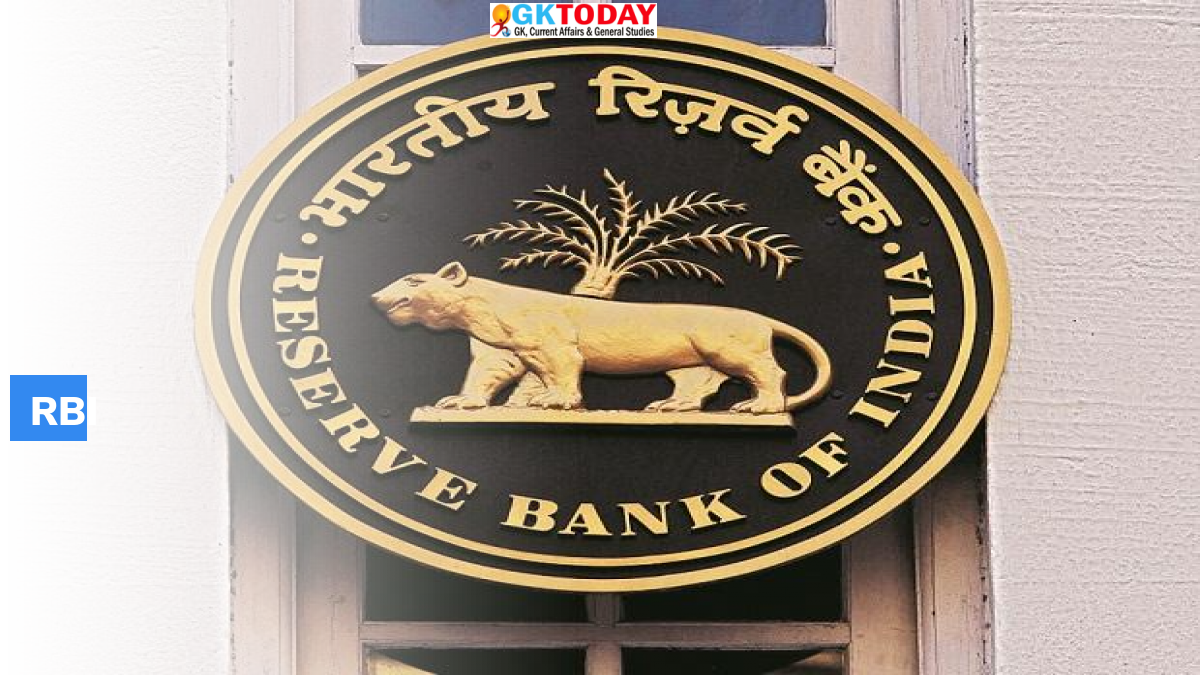Domestic Systemically Important Banks (D-SIBs)
As per Reserve Bank of India (RBI), State Bank of India (SBI), HDFC Bank and ICICI Bank continue to be identified as Domestic Systemically Important Banks (D-SIBs), similar to 2020 list of D-SIBs.
Highlights
- These three banks continue to be in the list, under the same bucketing structure as it was there in the 2020 list of D-SIBs.
- Current update on D-SIBs by RBI is based on data collected from banks as of March 31, 2021.
- On the basis of bucket in which a D-SIB is placed, an additional common equity requirement is applied to it.
How RBI places D-SIBs in buckets?
- RBI places D-SIBs in appropriate buckets on the basis of their Systemic Importance Scores (SISs).
- Under RBI’s ‘Framework for dealing with D-SIBs’, SBI has been placed in the third bucket. Under this bucket, bank is required to maintain Additional Common Equity Tier 1 (CET1) at 0.60 per cent of the Risk Weighted Assets (RWAs).
- ICICI Bank and HDFC Bank have been placed in the first bucket. Under this bucket, banks are required to maintain Additional CET1 at 0.20 per cent of their RWAs.
What is D-SIBs?
Some banks become domestic systemically important, because of their size, cross-jurisdictional activities, lack of substitutability & interconnectedness, and complexity. Such banks are perceived as banks which as ‘Too Big To Fail’ (TBTF). This perception creates an expectation of government’s support at the time of distress in these banks. These banks are subjected to additional policy measures in order to deal with moral hazard issue and systemic risks posed by them.
What are Systemic risks?
Risks associated with collapse or failure of a company, financial institutions, industry, or an entire economy are called as systemic risks.
What is Moral hazard?
Moral hazard is a situation, where one party gets involved in a risky event after knowing that it is protected against that risk while other party will incur the cost.
Month: Current Affairs - January, 2022
Category: Economy & Banking Current Affairs


